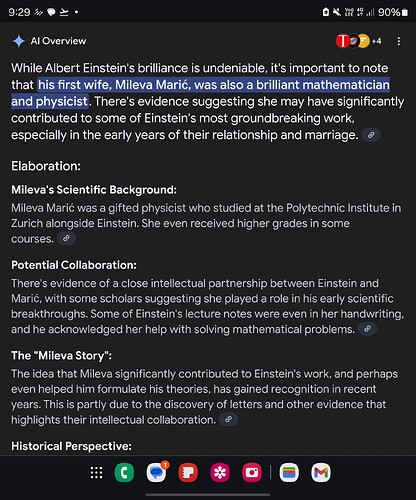Flagged in a “normal” consultant check? I found his treatment pedantic and misguided. He goes verse after verse after verse, critiquing the ESV over and over and over, and in each case claiming that the ESV “erred” because he would have preferred a more “dynamic equivalent” rendering in English rather than the ESV’s literal/formal-equivalent rendering.
But this is just his dislike of their translation philosophy in general. It is always a choice between keeping close to the original word-for word, or translating more thought for thought. The ESV’s philosophy, for right or wrong, was to translate literal word-for-word wherever possible, and avoid changing the original words even knowing it would not make for smoother or more natural English…
The ESV is an “essentially literal” translation that seeks as far as possible to reproduce the precise wording of the original text and the personal style of each Bible writer. As such, its emphasis is on “word-for-word” correspondence, at the same time taking full account of differences in grammar, syntax, and idiom between current literary English and the original languages. Thus it seeks to be transparent to the original text, letting the reader see as directly as possible the structure and exact force of the original. … we have sought to be “as literal as possible”
It was the intent of the ESV to be “as literal as possible.” What then was the point of going verse after verse after verse after verse complaining of “errors” because the ESV’s rendering is too literal?
If he wanted to critique the ESV’s literal/formal-equivalence philosophy and argue in preference for a “dynamic equivalent” philosophy, then he should simply have done so. But what would even be the point of that? Different Bibles can’t have different translation philosophies?
Therefore, going verse after verse after verse after verse after verse, pointing out each place where the ESV opted for a strictly literal translation, and claiming that a more dynamic equivalent translation would have been better at that point, and claiming these examples as “lexical errors” or “idioms missed” is tedious, pedantic, and rather ridiculous.
One could do the same thing with the NASB: go verse by verse and show all the places where something sounds like “strange English” or complain that a Greek idiom was translated literally instead of just using a similar English idiom that would have made more sense to English readers. But what would be the point? The NASB intended to keep things strictly literal rather than translate thought for thought or make for smoother English.
I personally far prefer reading a dynamic equivalent version like the NIV, but I also very much appreciate the value of reading something like the ESV or NASB where I can get a better sense of what the original words were.
But for this writer to go verse after verse after verse after verse to complain that the ESV - *that was intended to be “as literal as possible” - chose to render said verses in a literal, rather than in a more dynamic-equivalent manner, is frankly ridiculous.

